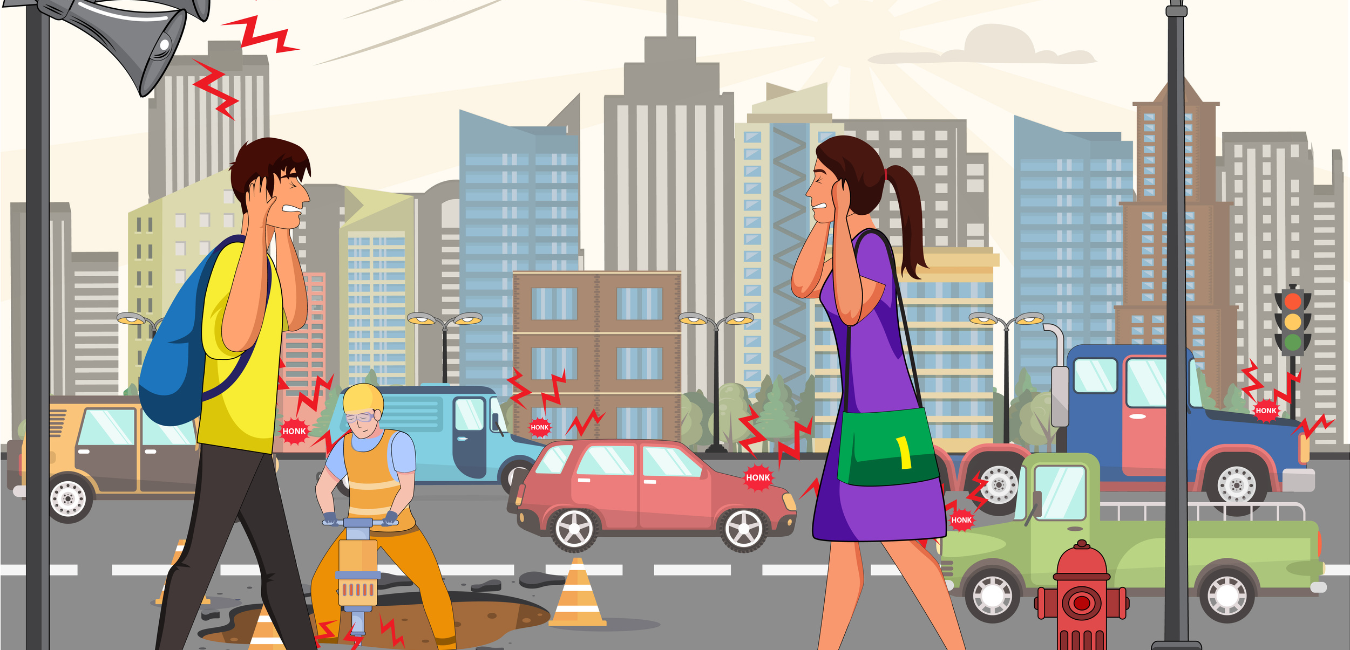Early Signs of Hearing Loss
Updated June 27, 2016
It’s well documented that many people experience gradual hearing loss as they get older. The term for this is called Presbycusis. This condition tends to run in families and occur in both ears.
The cause is usually due to gradual changes within the inner ear, but can also be caused by things like damage from exposure to loud noises, medications and also conditions like heart disease and high blood pressure.
It’s not uncommon for hearing loss to go undetected for years, especially among those that live alone. The reason being is that your family is usually the first to notice that something just isn’t right with your hearing.

10 Common signs of Hearing Loss
- You need people to constantly repeat themselves
- You have a hard time having conversations with more than two people at a time
- You think that everyone is mumbling or sounds muffled
- You have trouble following what’s being said at conferences, parties, restaurants, church, etc.
- You have trouble hearing women and children
- You play your radio or TV too loudly
- You have trouble hearing when a speaker isn’t facing you
- You experience ringing or buzzing in your ears
- You have trouble hearing everyday sounds like your doorbell or coffee brewing
- You find telephone conversations increasingly more difficult
Not being able to hear very well can have a negative effect on one’s emotional and mental health.
Click here to take an online hearing evualation to see if you need a hearing test
How can our emotional and mental health be affected by hearing loss
- You become stressed or drained from straining to hear what others are saying
- You get annoyed because you can’t hear them and you think it’s their fault for mumbling
- You feel embarrassed because of misunderstandings caused by your hearing loss or having to ask for others to repeat themselves
- You withdraw from social situations like family gatherings, parties or outings with your friends because you have a hard time hearing
It’s recommended that if the above sounds like you or someone you love, a simple hearing test performed by a registered Audiologist or Hearing Instrument Specialist can determine whether you have a hearing loss and its severity.
Once you have been tested your Audiologist or Hearing Instrument Specialist can prescribe a hearing aid, if it’s required, that is custom-made to meet your hearing loss needs.
Medical conditions that may increase the probability of hearing loss
- A family history of hearing loss
- Certain medications like ototoxic drugs
- Having conditions like diabetes, heart disease, circulation and thyroid problems
- Having been exposed to loud noise over a long period of time or to explosive noise. For example, people who had/have occupations in noisy environments, served or currently serve in the military.








